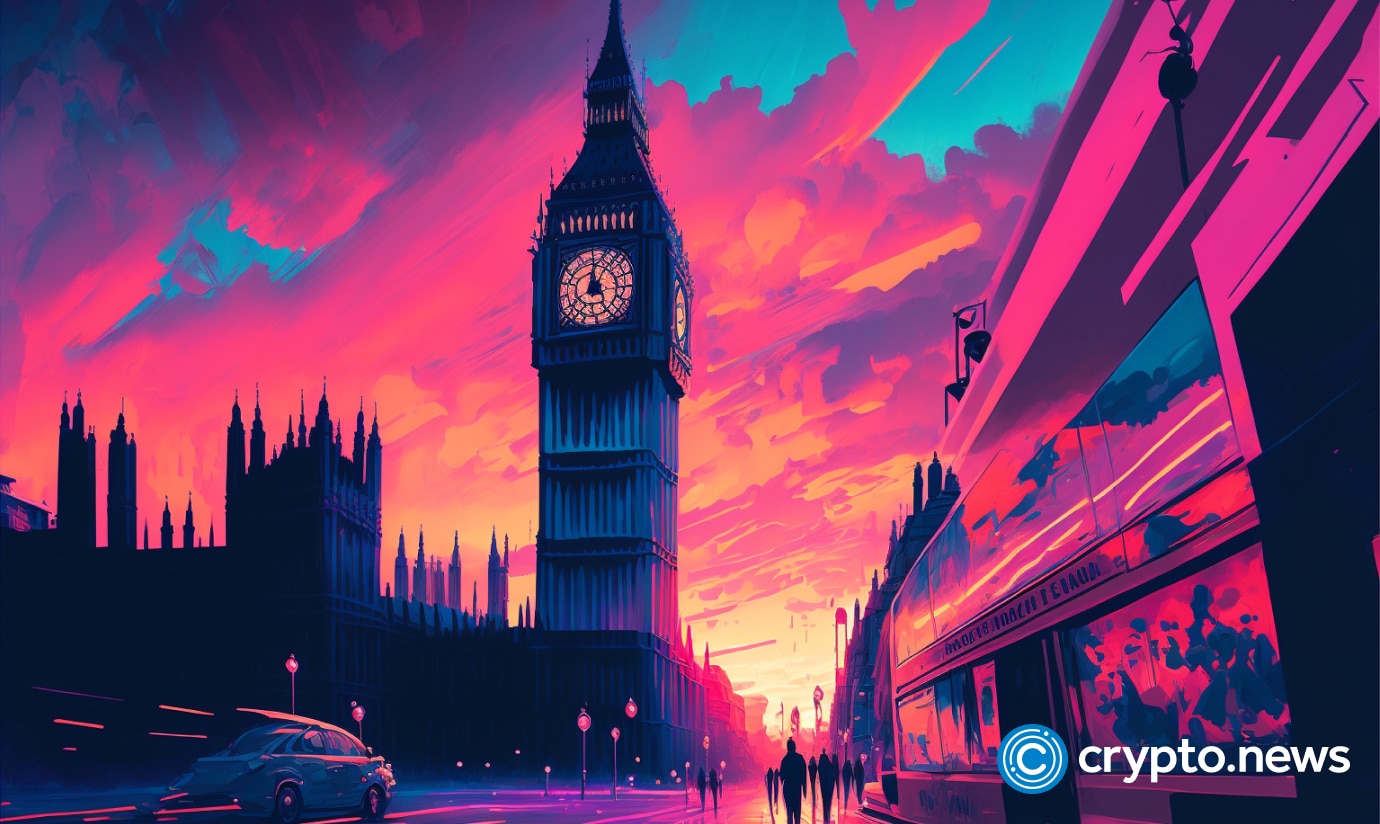UK Law Commission suggests regulating DAOs under existing frameworks

A recent report from the United Kingdom’s Law Commission has concluded decentralized autonomous organizations (DAOs) need to be regulated under existing financial regulations and tax frameworks.
Published on July 11, the research paper stated there’s no immediate requirement to create a separate entity to oversee and regulate DAOs but urged authorities to “keep the matter under review.”
The paper acknowledged the lack of general consensus over “what a DAO is,” adding that the ecosystem tends to adjust its operations according to local judicial requirements.
According to the commission, the existence of various types of DAOs, such as pure DAOs, hybrid arrangements, and digital legal entities, further complicates the matter.
The paper stated that the law that applies to a DAO would depend on the type of DAO it is.
For instance, certain DAOs could be encompassed under the Financial Services and Markets Act 2000 if they engage in “specified activities” related to “specified investments,” which comprises offering governance tokens issued like shares that grant voting rights and are issued in exchange for investment in a DAO.
Further, if such tokens are advertised, they could be regulated under the UK’s promotion rules, which are designed to protect consumers, the commission added.
Meanwhile, some DAOs may be treated as unincorporated associations.
This typically involves a group of individuals who come together to achieve a common purpose. However, Unlike corporations, unincorporated associations do not have a separate legal identity distinct from their members.
This means that the association cannot own property, enter into contracts, or be sued in its own name. Instead, any legal actions must be taken against the individual members or the officers of the association.
Similarly, as explained in the paper, DAOs operating in this manner would have their members held responsible for their actions.
As such, the Law Commission concluded that a unified approach to regulating DAOs may not be appropriate.
“We do not, at least at this relatively early stage in the development of DAOs, recommend the development of a bespoke legal framework for DAOs in England and Wales,” the paper noted.
However, the commission acknowledged that a “pure” and completely decentralized DAO could still be subject to civil and enforcement actions if smart contracts, which “can constitute a legal contract,” are employed.
DAOs and their legal status have been previously scrutinized in a class action lawsuit against the bZx protocol, which was hacked in 2021. Back then, the Commodity Futures Trading Commission (CFTC) categorized the bZx DAO as an unincorporated association.
Meanwhile, in February 2022, DAOs were recognized as legal entities by the parliament of the Republic of the Marshall Islands. A similar path was also followed by the state of Wyoming.
Last year, U.S. Senator Elizabeth Warren announced her intention to introduce the Digital Asset Anti-Money Laundering Act of 2022, which seeks to extend anti-money laundering (AML) regulations to decentralized autonomous organizations (DAOs).

















